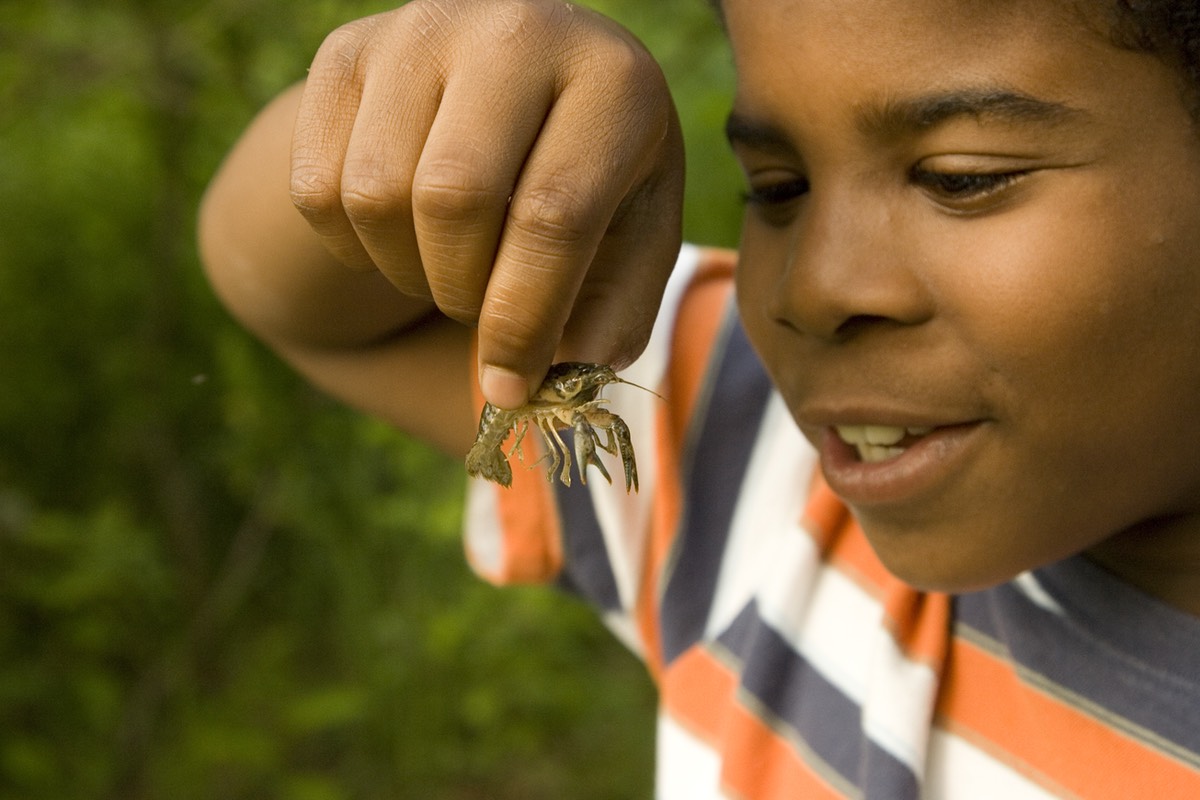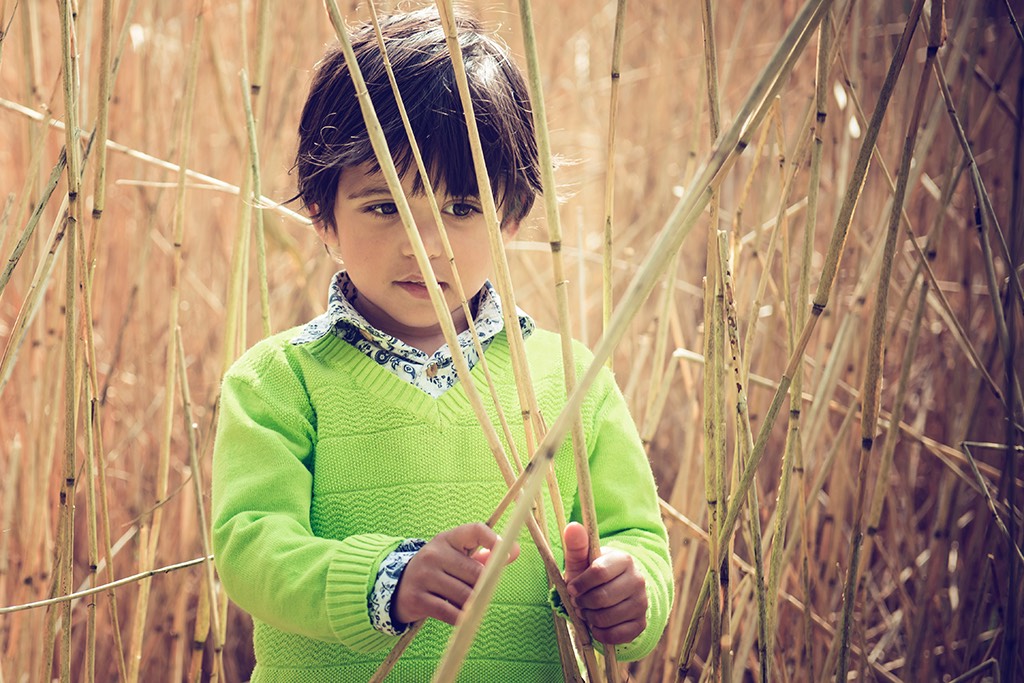(Click here to download a free PDF copy of this blog)

I believe that parents want their children to be happy and successful! They want them to thrive. In addition to this, many parents want to encourage their children’s spirituality.
Why is this? Research shows that children who have positive active relationships to spirituality are 40% less likely to use and abuse substances, 60% less likely to be depressed as teenagers, and 80% less likely to have dangerous or unprotected sex compared to other teenagers.
WHAT IS SPIRITUALITY?
"Spirituality is a broad concept with room for many perspectives. In general, it includes a sense of connection to something bigger than ourselves, and it typically involves a search for meaning in life.” Dr. Lisa Miller, in her book titled The Spiritual Child: The New Science on Parenting for Health and Lifelong Thriving defines spirituality this way: “Spirituality is an inner sense of relationship to a higher power that is loving and guiding. The word we give to this higher power might be God, nature, spirit, the universe, the creator, or other words that represent a divine presence. But the important point is that spirituality encompasses our relationship and dialogue with this higher presence.”
Children often look to parents to take the lead. This may be true with spirituality too. According to a Pew Research Center study in 2014, the majority of adults (59%) ages 18 and above experience feelings of spiritual peace and wellbeing at least once a week while 46% of adults experience a sense of wonder about the universe weekly. 35% of adults read scripture and 36% attend religious services weekly while 55% pray daily.
CHARACTERISTICS OF A SPIRITUAL CHILD
Can parents raise a spiritual child? Dr. Lisa Miller believes parents can do just that. She says in a TIME essay: “The natural spirituality of children and young people can be encouraged and fostered by such steps as meditation, prayer, or long walks in nature where a sense of transcendence can be engaged. Parents can demonstrate approval for (and model) such traits as caring for others, empathy or optimism.”
The spiritual child has a number of unique qualities that parents can foster and encourage. What does a spiritual child look like?
The spiritual child:
ühas a natural inborn connection to a higher power; a natural capacity for
spirituality, an inner sense of a relationship to a higher power that is loving
and guiding;
ühas a sense of peacefulness;
üis a curios child;
ühas a sense of Industry;
ühas a sense of awe encompassing the creation;
ühas a deep sense of empathy with others’ suffering;
üis a resilient child;
üis an optimistic child;
ühas a sense of belonging and feels connected to others.
OVERINDULGENCE AND MATERIALISM - ROADBLOCKS TO SPIRITUALITY
Parents can influence their children’s spiritual development, however they should be aware of two of the biggest roadblocks in their way: childhood overindulgence and excessive materialism. Three of our research studies verify this.
üIn the first study we found that individuals who were overindulged as children were more likely to grow up wanting the most money and owning the most expensive possessions. They were not interested in meaningful relationships, a meaningful life, or making society better unless they got something out of it.
üIn the second study we found that children who were overindulged grew up to be adults who lacked self-control, who were, materialistic, unappreciative, ungrateful, and less happy than those that were not overindulged.
üIn the third study we found that adults who were overindulged as children feel entitled to more of everything they deserve. They are not interested in spiritual growth. They have difficulties finding meaning in times of hardship and they are less apt to develop a personal relationship with a power greater than themselves.
The point is that childhood overindulgence and materialism become major roadblocks to spirituality.
CAN PARENTS RAISE A SPIRITUAL CHILD IN AN AGE OF OVERINDULGENCE?
Yes, I believe that parents can, but the task will be challenging. Parents will have to be vigilant because overindulgence is the new normal and materialism in our culture is one of the major culprits feeding the urge to overindulge. Parents can raise a spiritual child.
This is the first of three blog postings on the topic of spirituality. In my next posting I will explore “The Link Between Spirituality and Overindulgence [Research]” followed by “7 Strategies For Raising a Spiritual Child In An Age of Overindulgence”.
ADDITIONAL RESOURCES YOU SHOULD CHECK OUT
üClick here to download a free handout from the University of Minnesota Extension on the basics of overindulgence and what to do about it.
üThere is more help about avoiding overindulgence in How Much is Too Much? Raising Likable, Responsible, Respectful Children – From Toddlers To Teens – In An Age of Overindulgence (2014, DaCapo Press Lifelong Books).
üThere is more on raising a spiritual child in Dr. Lisa Miller’s book titled The Spiritual Child: The New Science on Parenting for Health and Lifelong Thriving (2015, St. Martin’s Press).
üView this YouTube Video sponsored by the University of Minnesota Extension and The Minnesota Council on Family Relations titled Overindulgence: Building Resiliency in the Face of the New Normal.
Do all things with Love, Grace, and Gratitude
Photos from Flicker Lisc. CC and David Bredehoft





